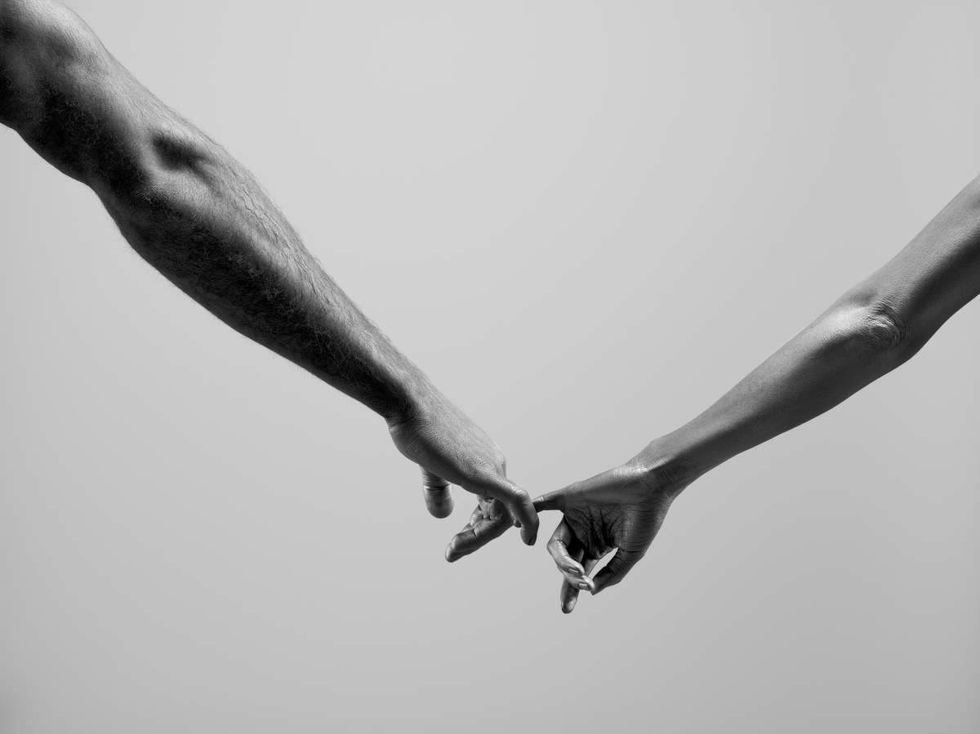Recently, I had the opportunity to visit Randolph High School for a dating abuse/violence seminar presented by the Jersey Battered Women’s Service (JBWS). At first, this was just something that allowed us to skip school, but in the end, it became so much more.
During this seminar, we talked to the volunteers and workers of JBWS. JBWS is a shelter for women and their families who have been affected by physical, emotional, or sexual abuse. They showed us skits and warning signs of domestic abuse. The stereotypical dating abuse scenario is a stronger, larger male abusing a smaller female. We learned that the roles can be switched. We also learned several warning signs of dating abuse, and what to do if your friend is the abuser or the one being abused.
Warning signs happen at all different stages in a relationship, but when the dating abuse starts, it usually gets worse as the relationship goes on. Some warning signs are easy to notice in a public place: physical pushing, screaming, or any aggressive behavior. Other warning signs are isolation from friends and family. Isolation is tricky to see, since it is generally good that couples are always together. Usually friends and family will notice when one's attitude changes around their partner.
You might not think that dating abuse is common, but actually, 1 in 3 teens experience some sort of violence in their life. You may not even know it, but your friend could be abused by their partner right now. If you think your friend is being abused, you should not attack them verbally, saying they are dumb or stupid to stay with their partner. They are already feeling vulnerable. You should calmly speak with them, avoiding the word “abuse," since that could make them upset. Also emphasize the complexity of the relationship, saying you know it is a difficult situation.
On the other hand, if you think your friend is an abuser, you should also talk to them calmly. Be completely honest and specific using a calm tone. If you use an aggressive tone, the abuser may take their frustration and anger to a worse level. Encourage your friend to get help from an adult (guidance counselor, if dating abuse occurs in school). Ages 13-18 are the most common ages of dating abuse, being that 1.5 million teens are abused every year. Additionally, 43% of dating college women have experienced some sort of dating violence.
I talked to a JBWS worker and dating abuse activist, Emily Baldi, and asked what her thoughts are. Baldi thinks that “we all should be in relationships that feel good, and safe”. She gives advice, saying, “If you are in an abusive relationship, know it is not your fault."
To get in involved, visit www.jbws.org, where there is a list of activities, including toiletry drives and tricky trays. There are several 24-hour hotlines and websites if one thinks they are being abused, have witnessed abuse, or wants to educate themselves on dating violence. Here are some popular dating abuse hotlines and websites.
- JBWS (Jersey Battered Women’s Service)
- www.jbws.org
- 24-hour hotline- 972-267-4763
- No2DatingAbuse
- www.no2datingabuse.org
- Counseling services- 1-877-R-U-ABUSED
















